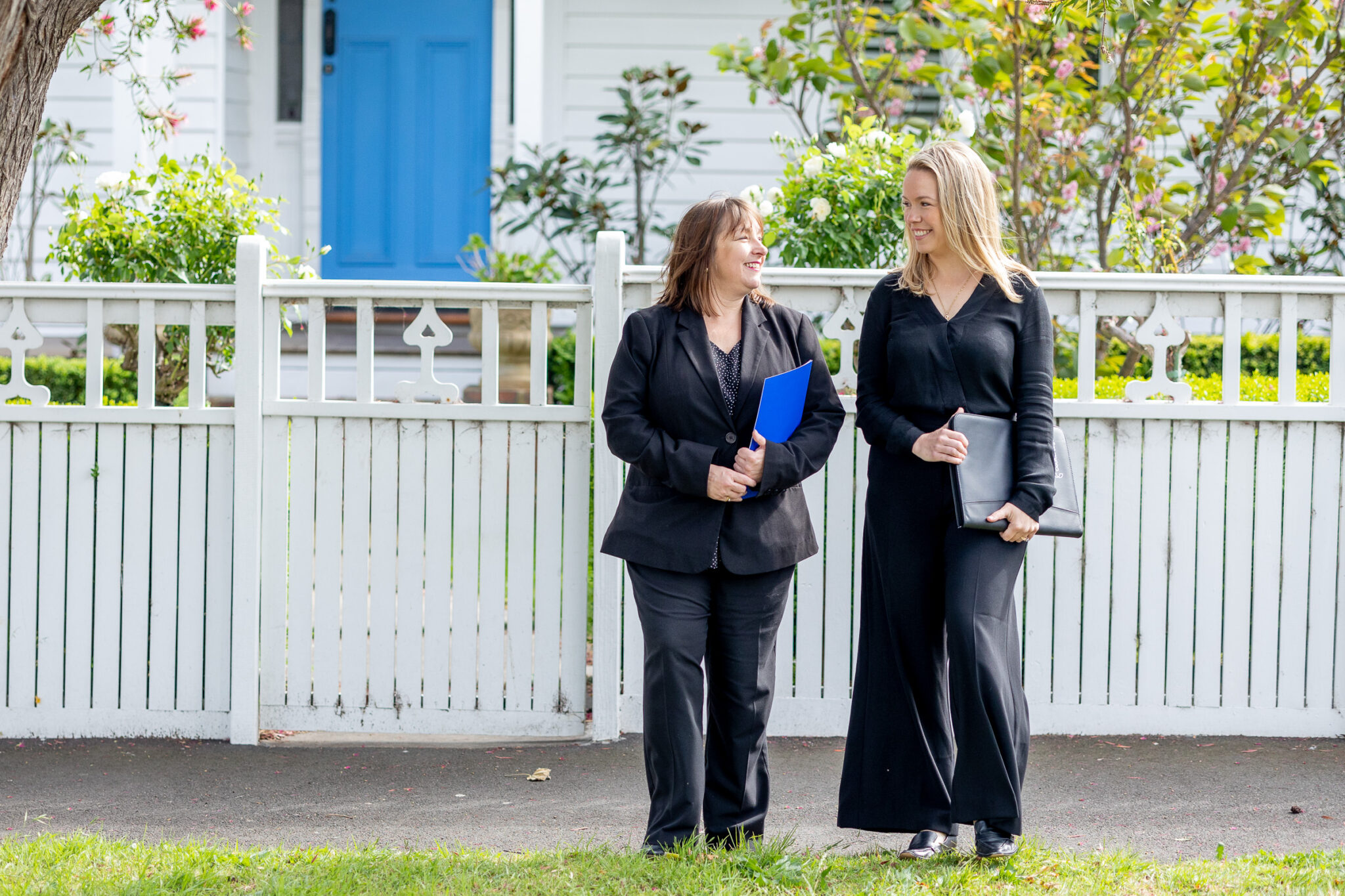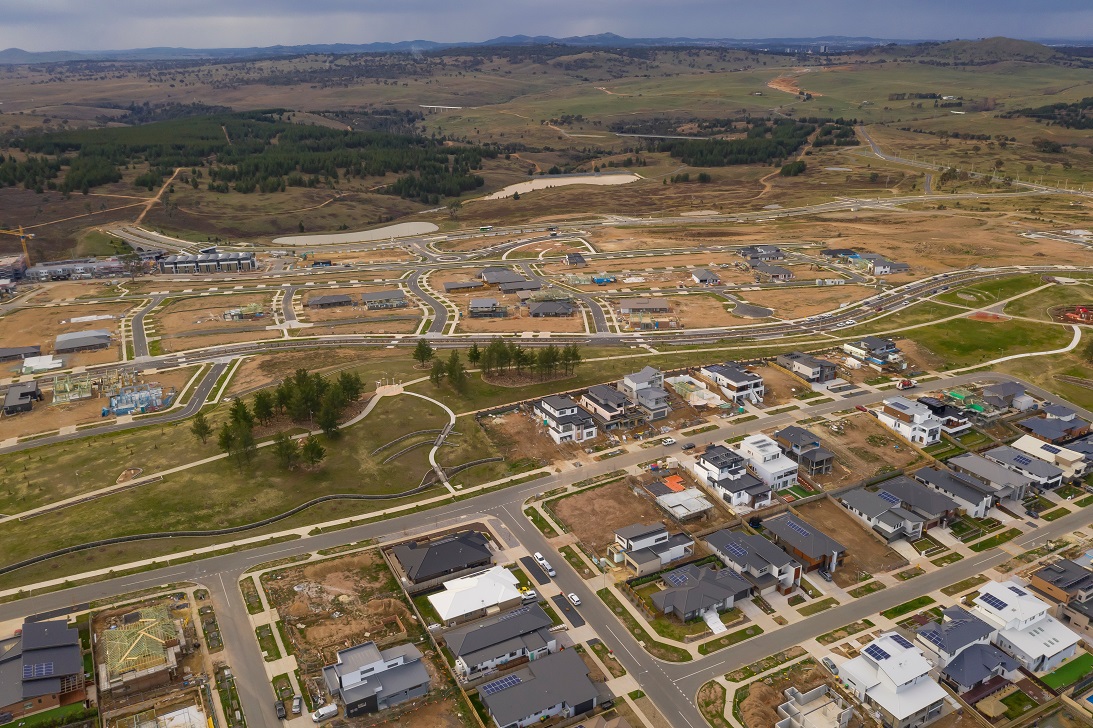Ready to ease back into the sofa and finish up your working days? It is important for you to consider how you want to spend your years in retirement and this includes considering whether living in a retirement village is the best for you.
If you are considering entering a retirement village, you need to make sure that you understand how they operate and determine whether the retirement village provides the lifestyle that you are after. Entering a retirement village is a major lifestyle and financial decision, and the decision requires a lot of thought.
For the purposes of this article, we will be focusing on retirement villages in Victoria and the Retirement Villages Act 1986 (Vic) (the Act) which governs these retirement villages. Every retirement village resident is protected by the Act, and the obligations of the operator of the retirement village (as well as its residents) are mandated by the Act (subject to limited exemptions). If a contract attempts to vary these obligations that contract will be void.
Firstly, what is a retirement village?
Taking a broad view, a retirement village is a managed community which provides accommodation, services and facilities for its residents and may include (amongst other things) communal areas such as a clubhouse, gymnasium, gardens, and a library. Generally, a retirement village will only be available to persons above 55 years old.
Residential parks or rental villages are not classified as retirement villages and, as a result, are not regulated by the Act. If you are interested in entering a village, you should make sure that the village is in fact a retirement village.
Different retirement villages offer differing forms of accommodation and services, and this includes the level of healthcare offered. It is important to explore your options and see which retirement village provides the level of accommodation and services that is suitable for your needs and wishes.
What are my financial commitments?
You will have to pay various fees to enter, live in, and exit the retirement village. It is possible that you may even incur fees after you have left the retirement village. These fees will be detailed in the disclosure statement that the retirement village must provide to you.
The financial commitments may vary between different retirement villages. It is crucial that you understand entry costs, ongoing charges and the financial liabilities on permanent departure.
Most retirement villages require new residents to make an upfront payment/ingoing contribution when joining the retirement village. Although, how this ingoing contribution operates will depend on the type of contractual arrangement offered by the retirement village. The majority of retirement villages in Victoria use a so-called ‘loan-lease arrangement’, which also may be known as a ‘loan-licence arrangement’.
So, what is a loan-lease arrangement?
Under this arrangement, you will agree to advance to the retirement village a large sum of money, which is the loan component of the arrangement. In return, the retirement village grants you the right to occupy a residence within the village and to use the services and facilities within the village for a certain period. This is the lease component of the arrangement.
Whilst you may be advancing a significant sum of money to the retirement village, this is different to purchasing an ownership interest in the property. Through the loan-lease arrangement, you do not obtain ownership of the residence, you are only acquiring the right to occupy the premises. As a result, you will usually not obtain the benefit of any gains to the market value of the residence. This is why entering a retirement village should be treated as a lifestyle choice rather than a financial investment.
Further whilst commonly referred to as a loan arrangement, the loan to the retirement village is usually interest free and prior to repayment to you, certain amounts owed by you to the retirement village (as set out in the contract) will be deducted from the loaned sum. This means the amount repaid to you upon exiting the retirement village and ending of the contract may be significantly less than the ingoing contribution.
What happens if I exit the retirement village?
This is understandably one of the biggest points for concern by prospective retirement village residents.
Depending on the type of contractual arrangement, at the end of the contract the retirement village will generally repay your ingoing contribution, minus any other amounts owed by you to the retirement village. The costs to leave the retirement village may be significant and may include the cost to reinstate your premises to the condition that it was originally in before you took occupation of it.
The most significant fee is generally called a ‘deferred fee’ or a ‘deferred management fee’. How much this fee is depends on many variables, including how long you have stayed at the retirement village. The deferred management fee is generally capped at a maximum percentage of your ingoing contribution, and this will be stated in your contract. For example, the retirement village contract may state that the deferred management fee is 5% per year, up to a maximum of 20%. In this case, even if you are at the retirement village for more than four years, the most you will be charged is 20%. The deferred management fee will be deducted from the ingoing contribution when the retirement village repays you upon the contract ending.
The specific details of the costs that you may incur upon exiting the retirement village will be outlined in the disclosure statement provided by the retirement village. This once again stresses the importance of thoroughly reviewing the documents provided by the retirement village, and ensuring that you understand them in detail.
How do I know if the retirement village is right for me?
If you are interested in a retirement village, upon request the village must give you:
- a factsheet detailing the relevant information about the village – including the type of accommodation available and the facilities and services offered;
- a disclosure statement which includes a summary of your financial commitment in entering the retirement village;
- a copy of the rules of the village; and
- the retirement village contract.
Upon receiving these documents from the retirement village, you will have 21 days from the date of receiving these documents to consider the terms and conditions of the contract before you are able to sign. The purpose of this requirement is to ensure that you have time to understand the contract and consider whether the retirement village is right for you.
Retirement village contracts are required by the Act to be easy to understand and follow a standard structure. This prevents the retirement village from using complex, sophisticated, legal language to try and get around its obligations and your rights under the Act. Despite this, the contractual arrangement itself can still be somewhat complex and difficult to understand.
Due to this complexity, it is recommended by Consumer Affairs Victoria and the Australian Competition and Consumer Commission to obtain legal advice prior to entering into any retirement village contract. This expert advice will help you to understand your rights and obligations when entering a retirement village.
How can we help?
If you are considering entering a retirement village contract, our experienced Property and Development team can provide you with advice and guidance in relation to your obligations and rights. Contact us today on (03) 5273 5273.












